Social Media Revolution 2013 Video
A refresh of Socialnomic’s Social Media Revolution video is out. The numbers are staggering and continue grow in a phenomenal pace. Whether this incredible social media growth good for our world or bad is hard to tell. Last time we left off Social Media was consuming 1 out of every 6 minutes… now?
- Over 1 billion users on Facebook – making it the 3rd largest in the world. China, India, Facebook than the US.
- Over 50% of the world’s population is under 30-years-old
- Each day 20% of Google searches have never been searched before
- In 10 years over 40% of the Fortune 500 will no longer be here
- Social Media is the #1 activity on the Web, though still not allowed in China.
- 1 in 5 couples meet online; 3 in 5 gay couples meet online
- 1 in 5 divorces are blamed on Facebook
- Ford Explorer launch on Facebook generated more traffic than a Super Bowl Ad
- Generation Y & Z consider email passe: Some universities have stopped distributing email accounts due to use of social media
- Kindergarden is learning on iPads
- 69 percent of parents said they are currently “friends” with their children on a social media site
- 92% of children under the age of 2 have a Digital Shadow (online presence/video/profile)
- Every second 2 new members join Linkedin
- That’s is like the entire enrollment number of the Ivy League School joining every day.
- Social Gamers will purchase 6 billion in virtual goods by 2013. Compare to movie goers who only by 2.5 billion in real goods
- YouTube is the 2nd largest search engine in the world (After Google)
- Every minute 72 hours of video is uploaded to YouTube
- If Wikipedia were made into a book it would be 2.25 million pages long
- 97% of Pinterest Facebook Fans are Women
- 53% of people on Twitter recommend products in their Tweets
- 90% of people trust online recommendations from people they know
- Only 14% trust traditional TV advertisements
- New Yorkers received tweets about an east coast earthquake 30 seconds before they felt it
- 93% of marketers use social media for business
- Lady Gaga, Justin Bieber and Katy Perry have more Twitter followers than the entire populations of Germany, Turkey, South Africa, Canada, Argentina, United Kingdom, Egypt
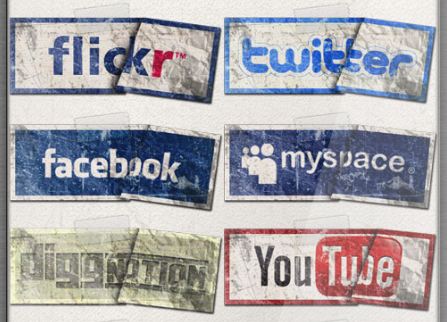 “We don’t have a choice on whether we DO social media, the question is how well we DO it.” – Erik Qualman
“We don’t have a choice on whether we DO social media, the question is how well we DO it.” – Erik Qualman- “We will non longer search for products and services, they will find us via social media.” – Erik Qualman
- “Social Media isn’t a fad, it’s a fundamental shift in the way we communicate.” – Erik Qualman
- “The ROI of social media is that your business will still exist in 5 years.” – Erik Qualman
Social Media Revolution 2013 Thoughts
- Which statistic do you find most surprising?
- Most interesting?
Previous Social Media Revolution Posts:
Social Media Revolution Video 2009
Social Media Revolution Video 2010
[poll id=”24″]
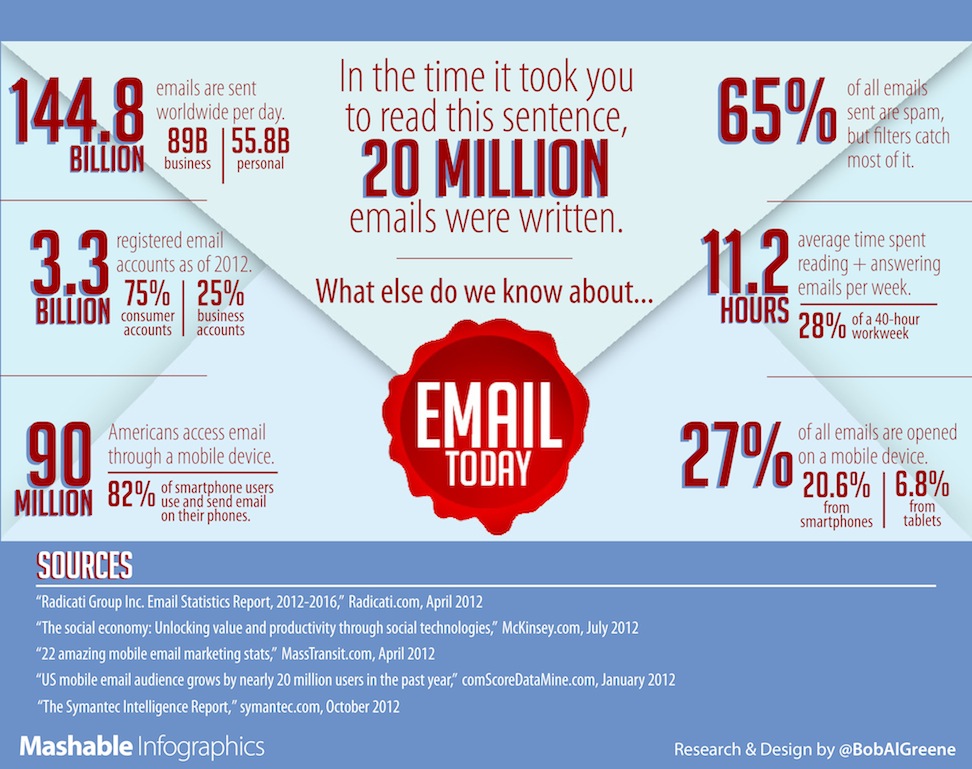
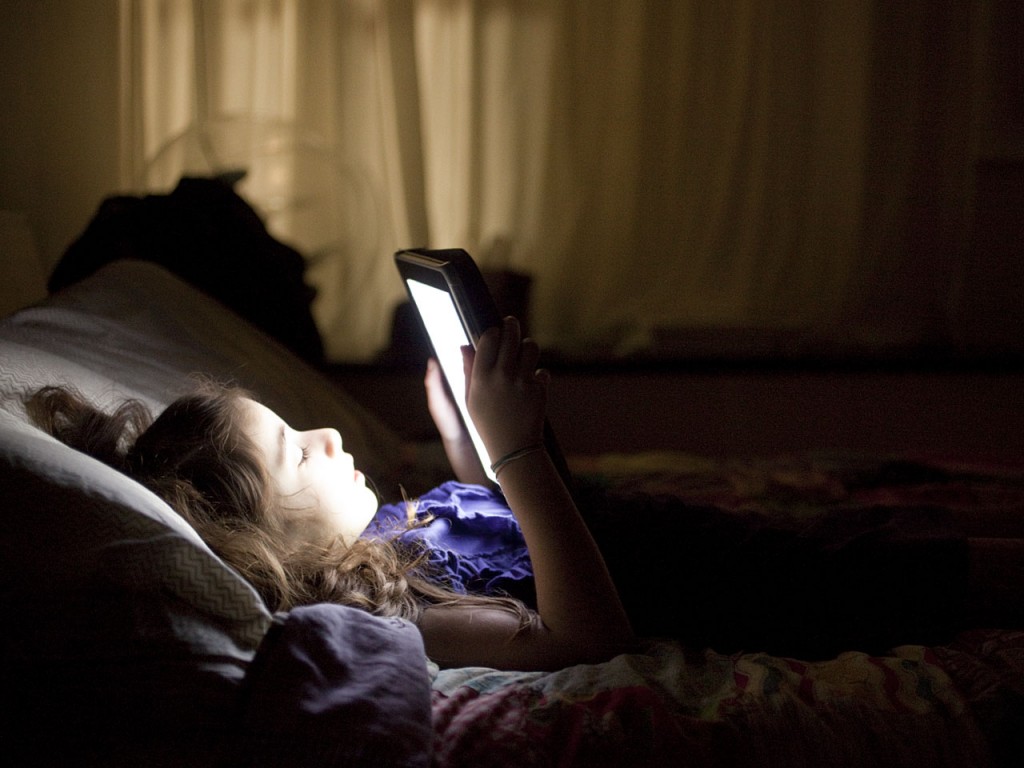
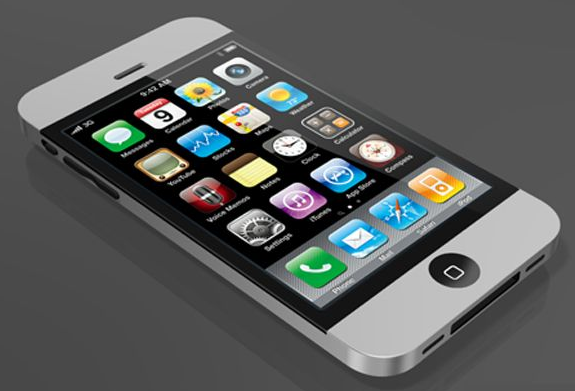


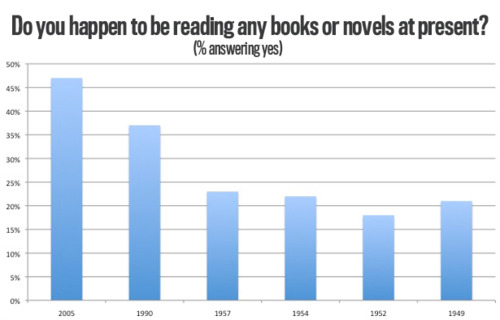
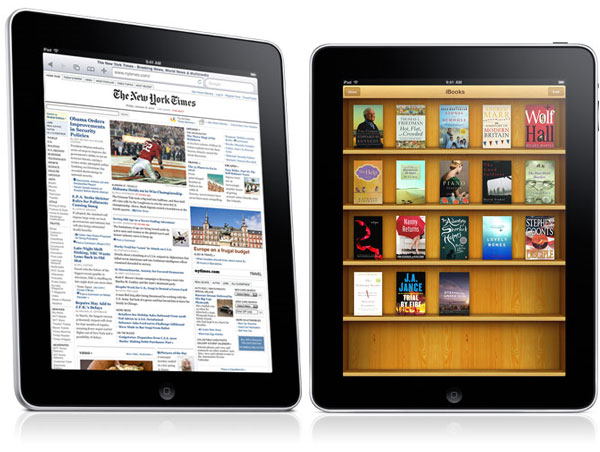



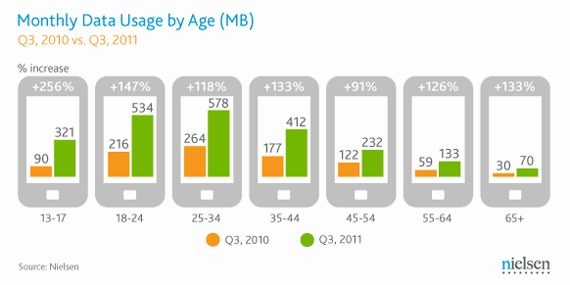




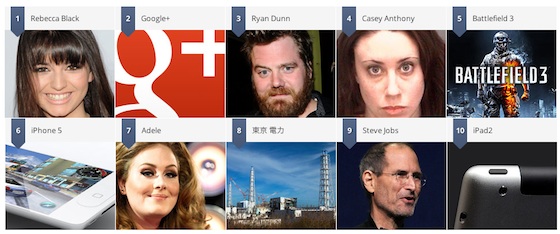
 Top 5 Google Searches – Gadgets
Top 5 Google Searches – Gadgets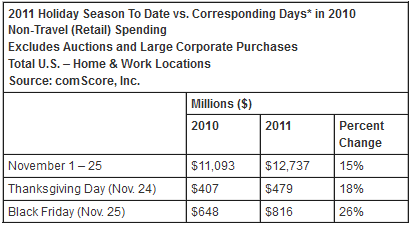
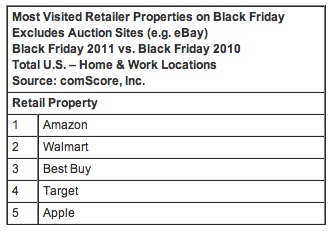 A source from Apple Retail has shared that Apple’s forecast for Black Friday was 4X the normal sales levels. However, by 7PM, Apple had already blown past those forecasts fueled through big ticket items like the iPad and MacBook Air sales.
A source from Apple Retail has shared that Apple’s forecast for Black Friday was 4X the normal sales levels. However, by 7PM, Apple had already blown past those forecasts fueled through big ticket items like the iPad and MacBook Air sales. Black Friday – Billion Dollar Business
Black Friday – Billion Dollar Business
